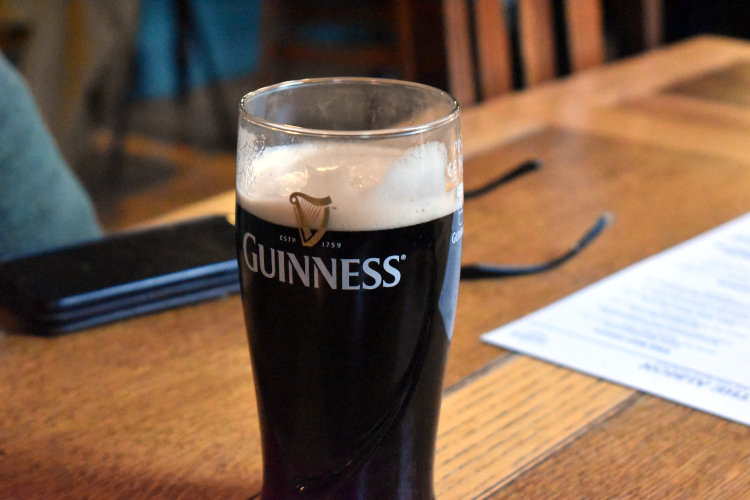Licensing process to move from Circuit Court to District Court

Responsibility for licensing will move from the Circuit Court to the District Court under new legislation which will overhaul Ireland’s “antiquated” licensing regime.
Ministers today published the general scheme of the Sale of Alcohol Bill, which will bring Ireland’s patchwork of more than 100 licensing laws, some dating as far back as 200 years ago, together in “one modern piece of legislation” to be enacted in 2023.
Speaking at a press conference this afternoon, Tánaiste and enterprise minister Leo Varadkar said Ireland’s licensing laws are “out of date” and the new bill was “about cutting red tape and streamlining regulation”.
Helen McEntee, the justice minister, said: “In moving the licensing process to the District Court, we are reducing the cost of making applications and fees for publicans.
“As part of the process of streamlining the licensing system generally, opening hours for licensed premises will be standardised across the week to serve the needs of a modern night-time economy.
“Regular trading hours will change to 10.30am to 12.30am seven days a week and we are also making permanent the changes introduced during the pandemic to facilitate outdoor service. And the seven-day on-licence will remain the foundation of the trade generally.”
The bill will also create new annual permits for late bars and nightclubs, replacing the current system where a special exemption order (SEO) is required every time a venue wants to open after normal hours.
Nightclubs will have the option to remain open until 6am “to bring Ireland in line with other European countries”, with the requirement that alcohol cannot be served past 5am.
New enforcement measures include the power for An Garda Síochána to apply to the District Court for a temporary closure order where a licensed premises has failed to comply with a direction to preserve order on their premises.
The bill also proposes to amend the so-called “extinguishment” provision, whereby anyone seeking to open a new premises or an off-licence must first purchase a licence from an existing licence holder in order to do so.
After a transition period of three years following the enactment of the bill, the extinguishment requirement to obtain a seven-day on-license will be abolished. It will remain in place for off-licenses, but only applicable to licenses already in existence on the enactment of the bill.
“The current system makes it difficult for anyone who wants to open a new pub in towns and villages where a pub has closed its doors,” Mrs McEntee said.
“To help develop a vibrant night-time economy and culture, support our pub sector and especially help our rural towns and villages, the ‘extinguishment’ requirement for pubs should be wound down.
“However, I believe there is a strong public health rationale for maintaining it for off-licenses.”
The bill also proposes to create a new “cultural amenity licence” for galleries, theatres, museums and other cultural venues, which will also require court approval and have to meet the same requirements as a fully licensed premises.
The Department of Justice said: “It is the minister’s intention to consult further following the publication of the general scheme of the bill, including pre-legislative scrutiny at the joint Oireachtas committee on justice.
“It is also the minister’s intention to bring a final Bill before the Oireachtas and enact the legislation in 2023.”










